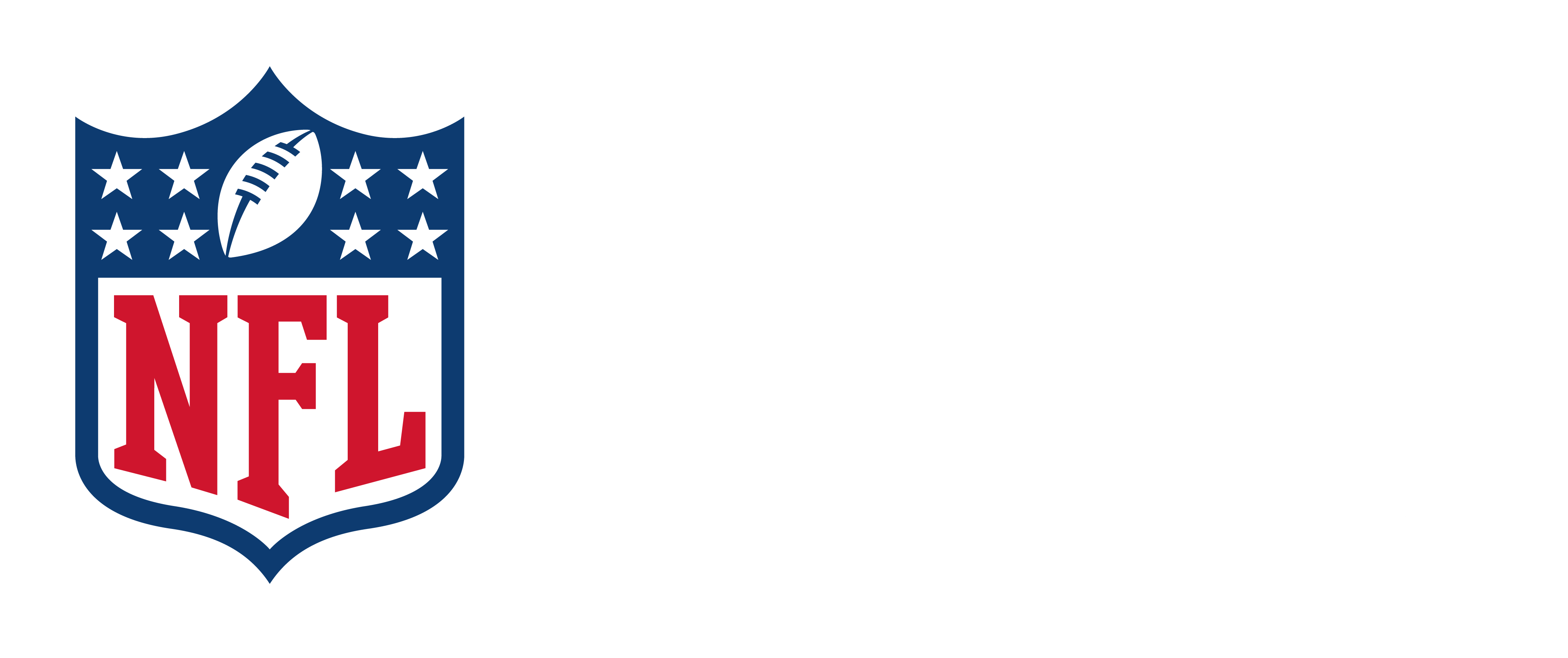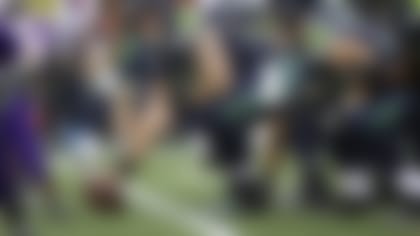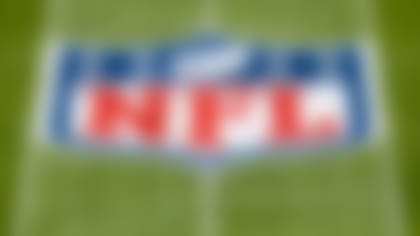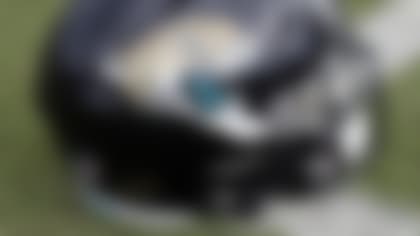Three teams awarded grant funding to advance their helmet designs and technologies
Helmet Challenge submissions achieved up to 13% improvement over the current top-performing football helmet
New York (October 25, 2021) – The National Football League (NFL) announced today the results of the NFL Helmet Challenge, a $3 million competition designed to accelerate helmet performance and safety for NFL players. After two years of work, 13 teams made up of experts in biomechanical engineering, materials science, additive manufacturing, and current helmet manufacturers submitted their new helmet prototypes for laboratory testing and evaluation by a judging panel. Three teams – Impressio, Kollide and Xenith – will receive $1.55 million in grant funding to advance their innovative designs and technologies and to help their products get onto the field as soon as possible. The newly awarded $1.55 million in grant funding is in addition to $1.37 million granted last year to help teams create their helmet prototypes.
NFL Helmet Challenge submissions achieved up to a 13% improvement above the top-performing helmet currently worn in the NFL, based on the laboratory testing the NFL and NFLPA use to test and rank helmets each year. This rate of improvement represents more than four times what is typically seen annually in new helmet designs.
The judges selected awardees based on the helmet's ability to reduce the severity of impacts, how novel and promising the technology, and likelihood that the helmet will be used in the NFL. While the Helmet Challenge judging panel offered grant funding to only three teams, four other prototypes – from VICIS, Cardiff University, Nama Development, and Lionhead – achieved scores that would have ranked them among or above the top-performing helmets on the 2021 NFL-NFLPA Helmet Poster.
"The NFL Helmet Challenge is about revolutionary, not just evolutionary improvement," said Jeff Miller, NFL Executive Vice President of Communications, Public Affairs and Policy, who oversees the NFL's health and safety work. "The NFL set out to challenge the marketplace and accelerate development of new technologies. We're proud to support the awardees and advance player health."
Helmet submissions introduced exciting helmet design innovations including: optimization of helmet space as a result of computer modeling; new materials; novel structural designs for managing energy; and use of advanced manufacturing techniques, including 3D printing which allow for more design flexibility and rapid design iteration. Collaboration among experts across many fields, including academics, additive manufacturers, and materials scientists brought together at the NFL's Helmet Challenge kickoff symposium held in collaboration with national 3D printing institute America Makes in November 2019 created these new approaches to football helmets.
The following three teams were awarded grant funding to continue to develop their products, as described by the teams below.
- Impressio (Denver, Colorado) - $454,000
Impressio's helmet leveraged its unique liquid-crystal elastomer (LCE) material, a soft, multifunctional elastic and highly energy-absorbing material. Combined with 3D printing, Impressio is able to rapidly develop novel helmet and liner solutions that take advantage of this revolutionary material.
- Kollide (Montreal, Canada) - $550,000
By combining unique expertise in industrial design, additive manufacturing, experimental, and virtual testing, the Kollide team developed and optimized a prototype with an energy absorption system. Its liner is made of complex and organic 3D printed mesh calibrated to absorb and redirect impact energy, limiting both the linear and rotational accelerations transmitted to the head.
- Xenith (Detroit, Michigan) - $496,500
Team Xenith's prototype submission was designed and engineered utilizing highly performing and durable materials, across months of optimization and in collaboration between Xenith (Detroit, USA), RHEON Labs (London, UK), BASF 3DP Solutions (Heidelberg, Germany) and University of Waterloo (Waterloo, Canada). The modular prototype incorporates a compliant shell, 3D-printed lattice carrier, engineered RHEON energy control structures, for both geometry and material chemistry, and customizable Kinetix foam inserts for improved helmet performance and comfort.
The judging panel represented expertise in engineering, biomechanics, neurology, sports business, and football, including NFL Legends Orlando Pace and Chad Pennington and Denver Broncos Equipment Manager Chris Valenti.
"We wanted to provide a player's perspective concerning the performance of the helmet," said Pennington. "A player wants a great performing helmet that also has a level of comfort and will be effective on the field. Factors such as weight which addresses neck fatigue and productive facemasks which can greatly affect vision must be taken into consideration as well."
"I was really excited to see the applicants' advancement and outside-the-box thinking on materials used within the helmet," said Valenti. "The bettering of technologies and materials within the context of a helmet more customized than ever to a players' head using 3D scanning and printing is going to be huge moving forward for players."
"Being a former offensive lineman and understanding that players are bigger, faster, and stronger in today's game, and having young kids that play football, ten years from now I'd love to see the game played safer with much better technology," said Pace. "I'm excited to be involved in that progress through this challenge."
"The Helmet Challenge was an assessment that there was untapped potential out there, including from incumbent manufacturers who had ideas on their white boards that they hadn't yet brought forward, and from innovators and entrepreneurs working in other areas that could apply their innovations to football," said Dr. Jeff Crandall, Chair of the NFL's Engineering Committee. "The NFL sought to bring partnership, networking and resources to bear to fuel a paradigm shift for transformational improvement, and we are excited about where we are now headed."
The NFL and Football Research, Inc. previously awarded $1.37 million in August 2020 to support the development of applicants' helmet prototypes for submission to the NFL Helmet Challenge. All three awardees selected by the Helmet Challenge judging panel to receive grant funding were also awarded grant funding as part of the HeadHealthTECH Challenge in 2020.
About the NFL's Player Health & Safety Initiatives
The NFL is committed to advancing progress in the diagnosis, prevention and treatment of sports-related injuries. The league's approach to player health and safety is rooted in the collection and analysis of data to help guide its continuous efforts to understand and reduce injury, and protect players. Data and science are the foundation of the NFL's efforts to further enhance medical protocols, improve the way our game is taught and played, and stimulate the development of new and improved protective equipment, including helmets. For more information about the NFL's health and safety efforts, please visit www.NFL.com/PlayerHealthAndSafety.











